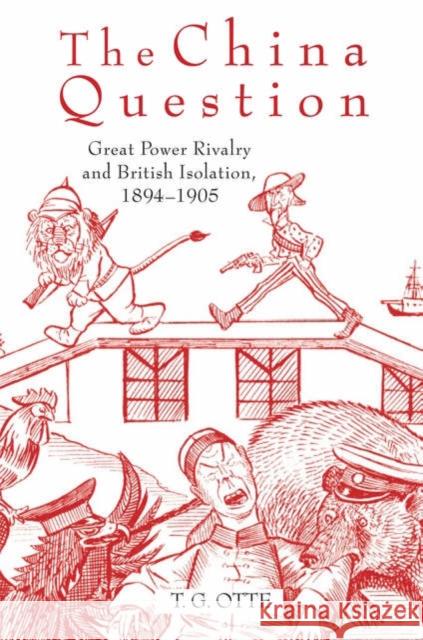The China Question: Great Power Rivalry and British Isolation, 1894-1905 » książka
The China Question: Great Power Rivalry and British Isolation, 1894-1905
ISBN-13: 9780199211098 / Angielski / Twarda / 2007 / 352 str.
Between 1894 and 1905 the question of the Chinese Empire's future development, its survival even, was the most pressing overseas problem facing the Great Powers. The frantic 'scramble for Africa' and the often more intense drama of the 'Eastern Question' notwithstanding, it was the 'China Question' that had the most profound implications for the Powers.
Since China's defeat in the 1894-5 war with Japan, the country's final disintegration was widely anticipated; and so was a wider Great Power conflict in the event of China's implosion. At times, that prospect seemed very real. The prospect of China's break-up and of large-scale international conflict in its wake altered the configuration among the Great Powers. Instability in the Far East had ramifications beyond the confines of the region; and, as this study shows, the events of 1894-5 initiated a wider transformation of international politics. No Power was more affected by these changes than Britain. The 'China Question', therefore, provides an ideal prism through which to view the problems of late nineteenth-century British world policy, and the policy of 'isolationism' in particular.
This study breaks new ground by adopting a deliberately global approach in looking at British policy, emphasizing the connections between European and overseas developments, and by encompassing diplomatic, commercial, financial, and strategic factors as well as the politics of foreign policy.











